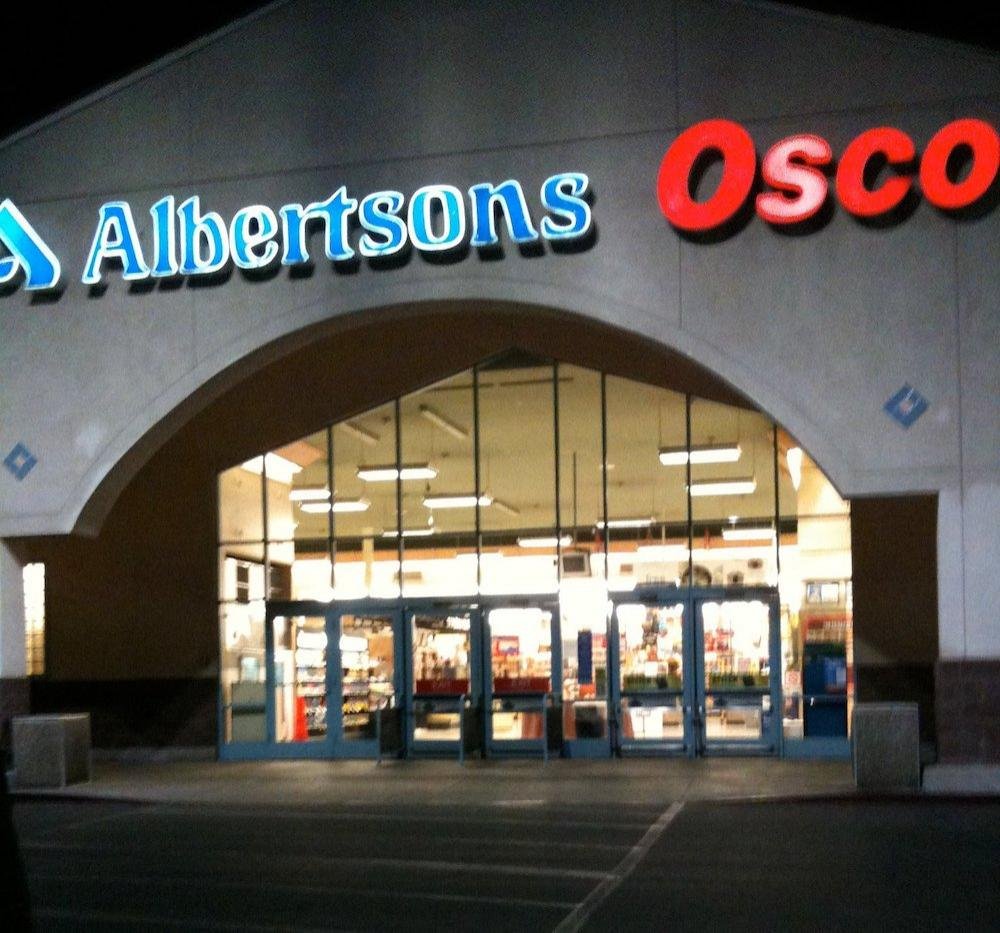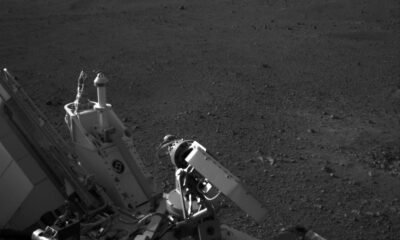arizona
FTC Economists Raise Red Flags Over Kroger-Albertsons Merger Details

In a significant preliminary injunction hearing, the Federal Trade Commission (FTC) presented three expert witnesses on Friday to challenge the proposed merger of supermarket giants Kroger and Albertsons. This hearing precedes the closing arguments scheduled for Tuesday, amid concerns over the impact of the merger on competition and consumer pricing.
Aaron Yeater, a financial and economic consultant for the FTC, questioned the validity of the efficiencies claimed by Kroger and Albertsons. He asserted that these benefits are not only unverifiable but also lack specificity to the merger itself. Even if achieved, Yeater stated that these purported cost savings would merely constitute a fraction of the merged companies’ overall expenses. “Mergers can create benefits for firms and shareholders,” he stated, noting that such benefits may be short-lived.
Yeater further expressed skepticism about the claim that a merger would lead to lower prices for consumers due to improved bargaining power with suppliers. He clarified that pricing negotiations do not universally guarantee access to the best prices, emphasizing that supermarket chains have to prioritize product placement, given limited shelf space.
The FTC maintains that merging Kroger and Albertsons would eliminate competitive pricing in the 22 states where their operations overlap. The proposed deal includes a plan to divest 579 stores to C&S Wholesale Grocers, which operates the Piggly Wiggly and Grand Union brands. Yeater referred to an analysis by economist Nicolas Hill, who attested to the detrimental effects of reduced competition.
Nicolas Hill returned to the stand to defend his findings, countering points made by the economist hired by Kroger and Albertsons. Hill noted that the defense’s assertion that acquiring large-format stores in the Portland area would not result in price hikes was unfounded. An attorney representing Kroger challenged Hill on the specifics of the area in question.
Orley Ashenfelter, a Princeton economist, also provided testimony, addressing claims that created a misleading picture of the wage dynamics between union and non-union employees at the stores. He acknowledged that while wages for both groups are comparable, other compensation factors, such as benefits and average work hours, are substantially different. “Union workers at Albertsons earn higher total pay and work more hours on average,” Ashenfelter explained, warning that a merger could weaken labor conditions by limiting bargaining options.
During cross-examination, a Kroger attorney questioned Ashenfelter’s analysis, particularly its lack of an in-depth review of Kroger’s operations. Ashenfelter admitted that a detailed examination would necessitate significant time and resources.
As it stands, the combined workforce of Kroger and Albertsons encompasses approximately 710,000 employees across over 5,000 stores. U.S. District Judge Adrienne Nelson is deliberating over the FTC’s efforts to obstruct the merger during proceedings in a federal courthouse in Portland.
The forthcoming decision by Judge Nelson will determine if the merger can advance or be subjected to a prolonged internal FTC trial, which risks delaying the proposed merger plans significantly. In initial arguments, a Kroger attorney contended that an injunction would thwart the merger’s progression as a comprehensive FTC investigation is scheduled to commence on October 1.
With closing arguments on the horizon, the fate of this substantial merger hangs in the balance.


















